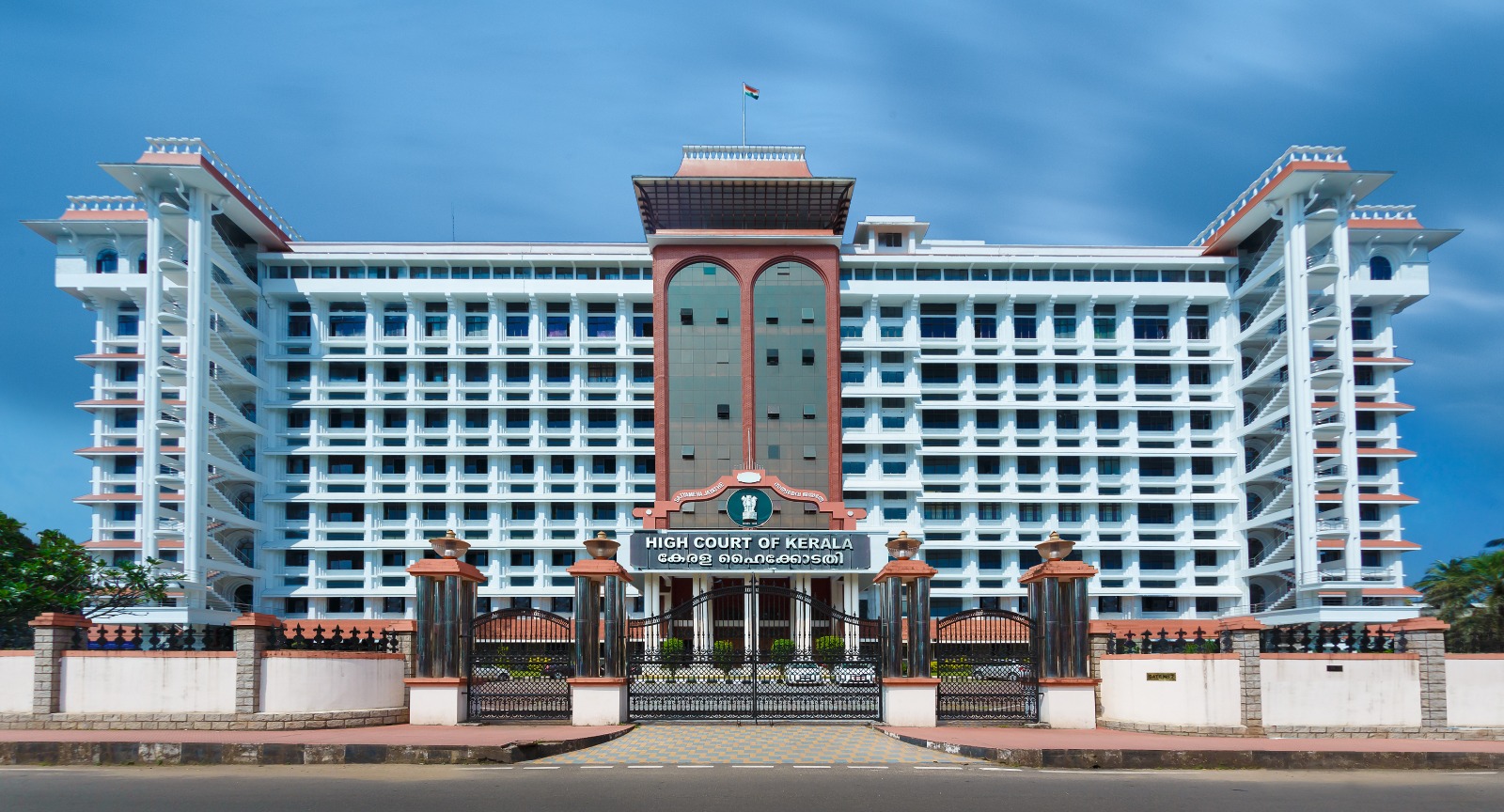Ashim Kumar Banerjee, J.@mdashAll the above three matters would pertain to identical fact and question of law, hence, are disposed of by this common judgment and order.
FACTS
2. For the purpose of appreciation of facts we would refer to the relevant dates pertaining to Tapas Samanta (W.P.S.T. No. 27 of 2010).
3. The petitioners were engaged as Constable in Kolkata Police. They were discharged from service after having served probationary period. They were however, not formally confirmed. If we look to the facts relating to Tapas, we would find, on completion of his training he joined 5th Battalion of Armed Force of Kolkata Police on January 1, 1994. His period of probation ended on December 31, 1995. He continued to serve without any formal order of extension of the probationary period. On April 10, 1997 the Deputy Commissioner of Police, Head Quarter extended his tenure as a probationer for six months with retrospective effect from February 1, 1997. The Deputy Commissioner issued further extension of six months on January 13, 1998 that too, retrospectively from August 1, 1997. The probationary period thus expired by efflux of time on January 31, 1998. The authority discharged him from service with effect from August 24, 1998. Pertinent to note, the authority did not extend the probationary period subsequent to January 31, 1998, the authority did not confirm the petitioner as well.
4. The petitioner challenged the order of discharge by filing O.A. No. 8275 of 1998. The Tribunal dismissed the same vide judgment and order dated June 23, 2009. By the said judgment, the Tribunal also disposed of identical applications filed by Amal Chandra Gayan and Uttam Kumar Barman being petitioners before us in W.P.S.T. 28 of 2010 and W.P.S.T. 29 of 2010 respectively.
5. Being aggrieved Tapas, Amal as well as Uttam filed above applications before us and heard by us on the above mentioned dates.
6. Significant to note, by the order of discharge dated August 23, 1998 the authority discharged seven persons by a common order. One of them Asoke Kumar Karmakar, also moved the Tribunal unsuccessfully. The Division Bench of this Court vide judgment and order dated February 22, 2007 in W.P.S.T. 173 of 2006 dismissed his application by observing that there was no reason to interfere with the judgment of the Tribunal.
ANALYSIS OF THE JUDGMENT OF THE TRIBUNAL IMPUGNED HEREIN
7. The Tribunal considered the law on the subject as decided by the precedents cited at the Bar. The Tribunal also considered Regulation 51 of the Kolkata Police Regulation and did not find any illegality in the process of issuance of the order of discharge. The Tribunal found considerable difference of Regulation 51 with the Karnataka Regulations and Bombay Regulations considered by the Apex Court in the decisions cited at the Bar. The Tribunal relied upon the Apex Court decision in the case of
CONTENTIONS BEFORE US
8. Mr. Murari Mohan Das, learned senior counsel appearing for the petitioners contended as follows :-
i) As per Regulation 51 the maximum period of probation would be two years with a further extension of one year. The extension beyond three years could only be issued with the sanction of the State. Hence, the extensions of six months each referred to above beyond three years period were illegal.
ii) Assuming the extensions were legal and permissible, in absence of any further extension beyond January 31, 1998, the authority was not entitled to justify the order of discharge issued admittedly beyond the period of probation.
iii) The reason assigned by the authority while issuing order of discharge, was not apt and had no legal support.
9. To support his contentions he relied on the following decisions :-
ii)
iii)
10. Opposing the application Mr. Joytosh Mazumdar, learned counsel appearing for the State being led by learned Senior Standing Counsel and ably assisted by Mr. Somendranath Mukherjee, contended as follows :-
i) Once the order of discharge did not attach any stigma the same could not be faulted on the ground of principle of natural justice.
ii) Even if the order of discharge was issued beyond the period of probation it could not be said to be illegal, as there could be no "deemed confirmation".
iii) The petitioners could not deliver satisfactory service within the probationary period. Hence, the period was extended from time to time. Even then they could not improve. Hence, the authority disengaged them by issuing of order of discharge that would not call for any interference.
iv) The petitioners were irregular in attending duties. They were habitual absentee. Hence the authority did not find them suitable for the post of Constable.
11. To support his contention Mr. Mazumdar relied on the following decisions :-
i)
ii)
iii)
iv
v)
vi)
vii)
viii)
ix)
12. While distinguishing cases cited by Mr. Das., Mr. Mazumdar contended that the decision in the case of Dipti Prakash (Supra) and Ahuja (Supra) cited by Mr. Das were distinguished by the later Supreme Court decisions. According to him, the ratio decided in Dipti and Ahuja were no longer good law, particularly after the decision in the case of Commissioner of Police -VS- R.S. More (Supra).
LAW ON THE SUBJECT
13. Mr. Das heavily relied on Dipti Prakash (supra) and V.P. Ahuja (supra). He also relied on Satya Narayan (supra). If we look to Satya Narayan (supra), we would find that the Apex Court was of the view that deemed confirmation would depend upon the language of the relevant service rules. Satya Narayan (supra) considered both the versions of the earlier precedents having a divergent view. The Apex Court ultimately came to conclusion that even if the maximum period of probation had expired, there could not be any deemed confirmation in absence of specific order to the said effect and passing of the requisite test by the probationer. In the case of V.P. Ahuja (supra), the Apex Court was of the view that a probationer would be entitled to certain protection and his service could not be terminated arbitrarily or in a punitive manner without complying with the principles of natural justice. In Dipti Prakash (supra), the Apex Court held, where the order of termination was not a simple order of termination, the words used in the order could be said to contain a stigma, and the regular proceeding was warranted. The Apex Court further observed that there was considerable difficulty in finding out whether in a given case, the order of termination was a simple one or it would attach any stigma. In short, according to the Apex Court, language was the deciding factor. The Apex Court, however, widened its view subsequently as we find from the decisions in the case of Rajesh Kumar Srivastava (supra), Abhijit Gupta (supra) and Chaitanya Prakash (supra).
14. In the case of Rajesh Kumar Srivastava (supra), the Apex Court was of the view that the period of probation were generally under scrutiny and on the basis of overall performance a decision was generally taken as to whether his service should be continued or should be confirmed or he should be released from service. Such release was not a removal. Simple removal from service during probationary period was a termination simpliciter and not removal from service on the ground of indiscipline or misconduct.
15. In the case of Abhijit Gupta (supra), the Apex Court considered Dipti Prakash (supra) and once again reiterated that real test to be applied when an employee is removed by an innocuous order is, is he discharged unsuitable or is he punished for his misconduct? If the test is negative, the order could not be said to be a punitive one having a stigma.
16. In the case of Chaitanya Prakash (supra), the concerned employee was asked to improve his performance. A letter was issued to him pointing out that his service was unsatisfactory, his probationary period was not extended. The Apex Court held that it was not a punitive one.
17. In the case of R. S. More (Supra), the Apex Court observed, "confirmation of service on a particular post is preceded by satisfactory performance of the incumbent unless service rules otherwise prescribe". In the case of R. S. More (supra), the concerned police constable was on probation. After expiry of the probationary period, he continued in that post. Subsequently, his probationary period was extended. He was thereafter discharged from service exercising power under Rule 6(1) of the Karnataka Civil Service Rules as his service was not satisfactory. The High Court set aside the order of discharge. The Apex Court reversed it on the appeal of the Commissioner of Police. From the said decision, it appears that effect of expiry of probationary period would be of little importance as there must be a positive order of confirmation. "Deemed confirmation" is unknown in law.
18. On the issue of stigma, we may refer to Bhagwan Singh (supra), the Apex Court therein observed "when a probationer is discharged during the period of probation and if for the purpose of discharge, a particular assessment of his work is to be made, and the authorities referred to such an assessment of his work, while passing the order of discharge, that cannot be held to amount to stigma."
19. On a combined reading of the aforesaid observations of the Apex Court, our understanding of the law is:-
i) During probationary period, the probationer can be discharged from service without any departmental proceeding.
ii) Discharge from service could be on the ground of unsatisfactory performance, the probationer could also be refused extension of the probationary period on such ground.
iii) The language of the order of discharge is to be put to test whether there is any underlying punitive measure. If the test is negative, the order could not be faulted.
iv) Any stigma, implicit or explicit, apparent from the order of discharge, would make the order bad in law as it would require regular departmental proceeding to be had.
APPLYING THE RATIO IN THE CASE IN HAND
20. In the instant case, the authority discharged the petitioner by a non-speaking order. It was an order of discharge simpliciter. It would be apt to quote the said order:-
the following probationer sepoys of Calcutta Police Force are discharged from service with effect from 31-08-1998 A.N. with one months'' pay in lieu of one months'' notice in terms of Rule 51(3) read with Rule 66 Chapter XV of PRC........ Sepoy A.F. 988 Tapas Samanta of ''HQ.'' COY. 7th Bn., CAP.
21. From the above order quoted (supra), we would find that he was simply discharged from service without having any stigma attached to it. In the affidavit-in-opposition, the State justified the order by observing that during a short span of three years approximately he was awarded twenty-six different punishments, mostly for unauthorised absence. He was a habitual absentee and incorrigible type, no specific allegation was made against him that would require a regular proceeding to be had. Hence, we do not find any fault with the authority when they issued the order of discharge. The Tribunal very rightly dismissed the application that would deserve no interference.
22. In other two cases being Amal Chandra Gayen and Uttam Kumar Barman, their services were terminated by the identical order of discharge. The facts are identical. In case of Amal Chandra Gayen, he also received twenty-seven different punishments on the ground of unauthorised absence. In case of Uttam Kumar Barman, six different punishments were awarded for unauthorised absence. All of them were habitual absentee. Hence, we do not find any scope to take a different stand in other two matters.
RESULT
23. The applications fail and are hereby dismissed. There would be no order as to costs.
DIRECTION
24. Urgent Photostat copy will be given to the parties, if applied for.
Shukla Kabir (Sinha), J.
25. I agree.

